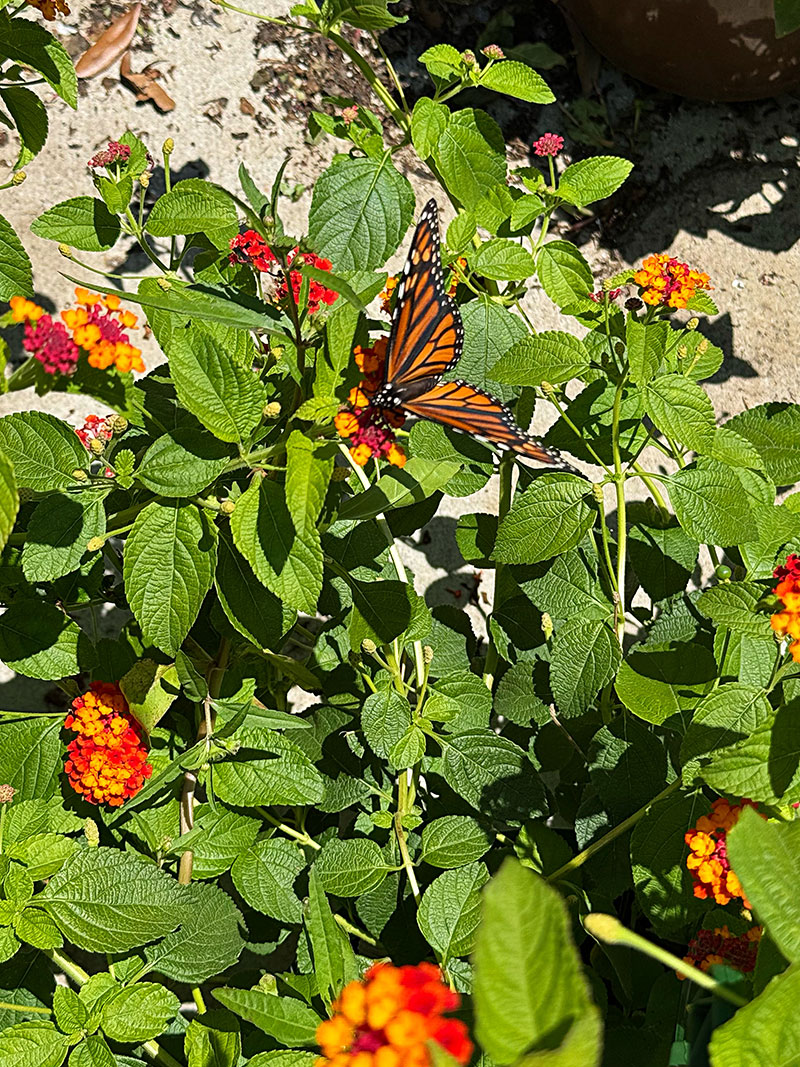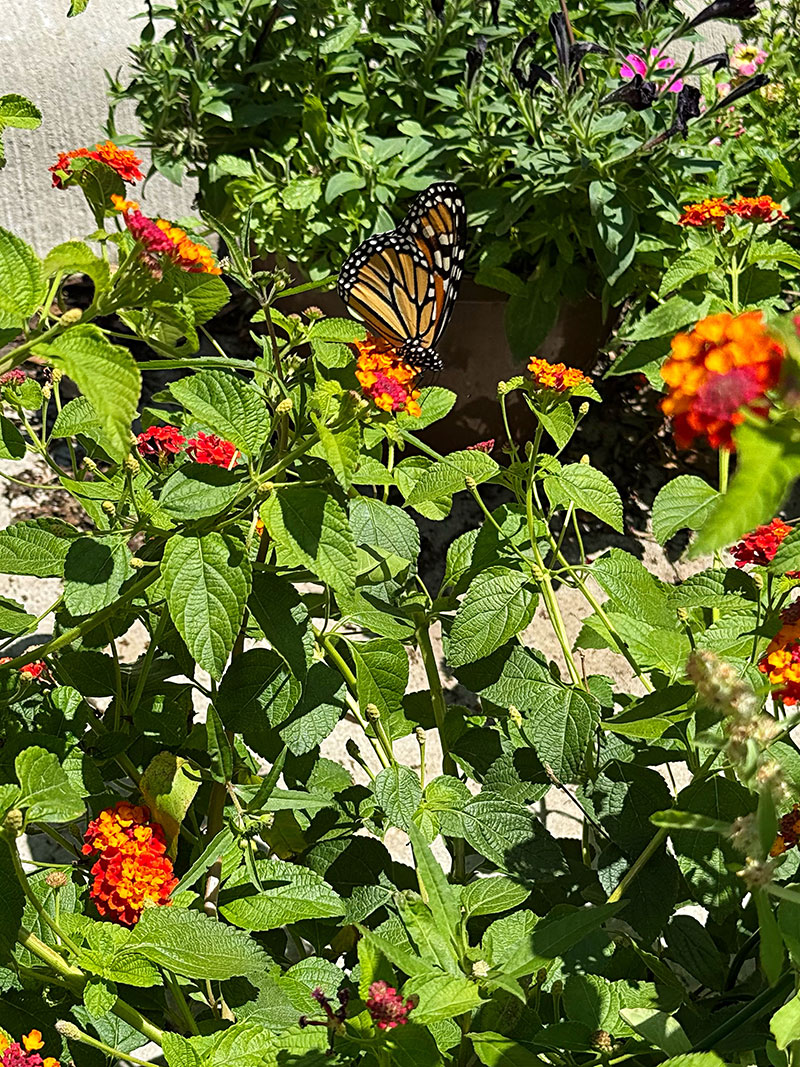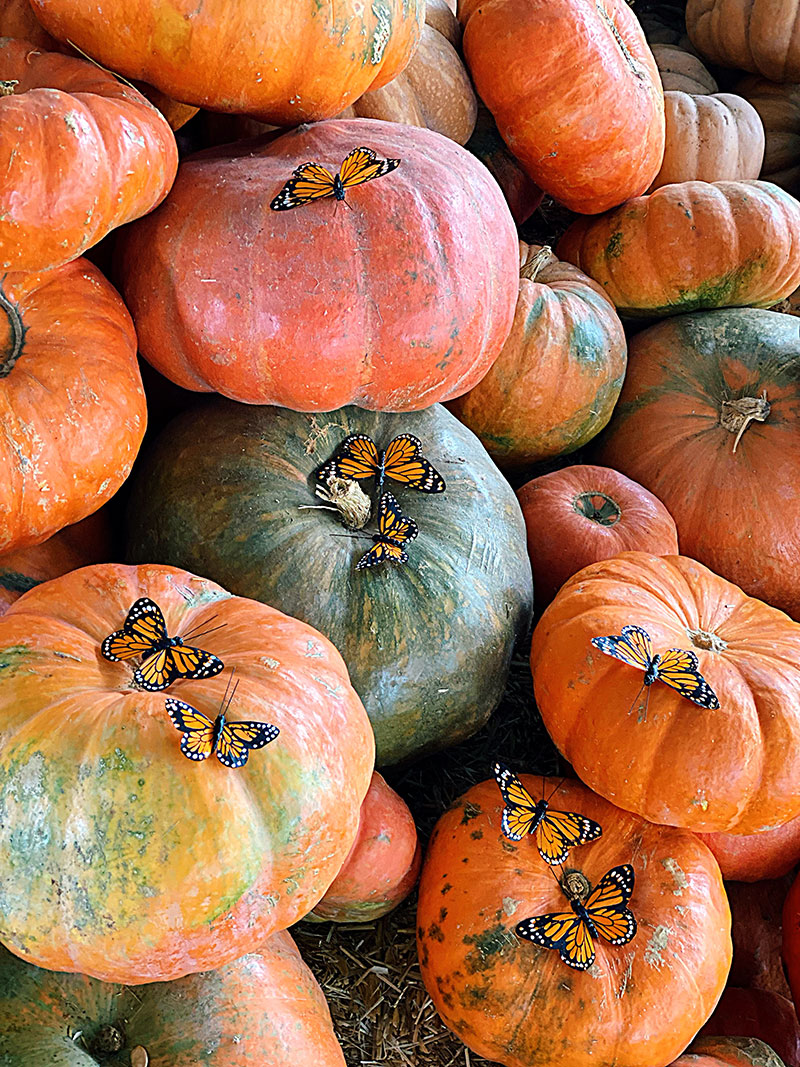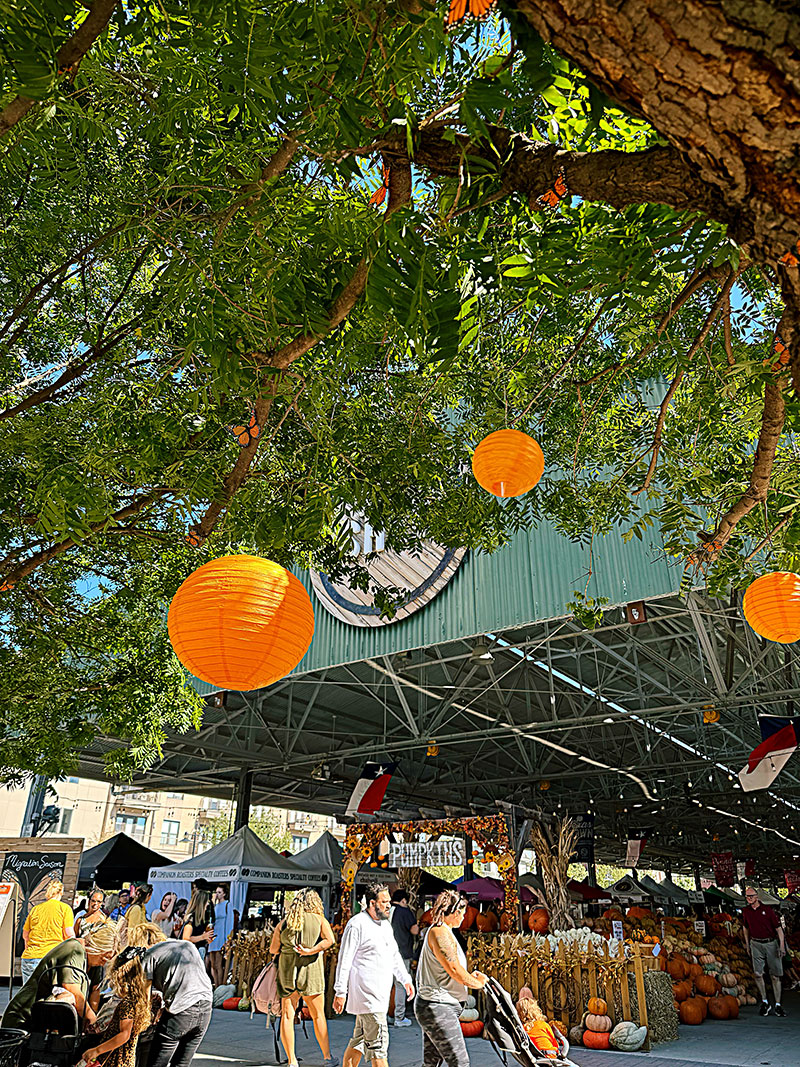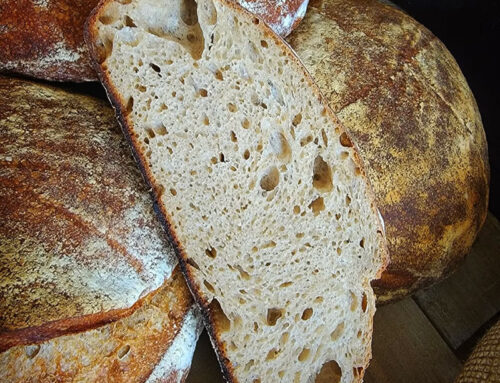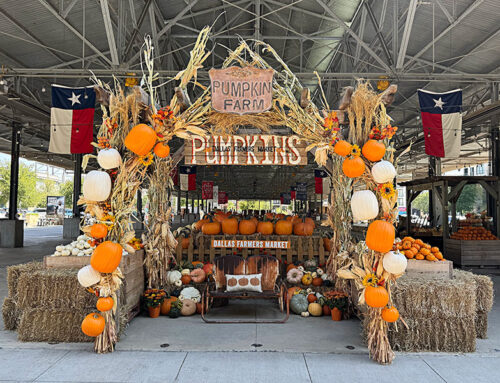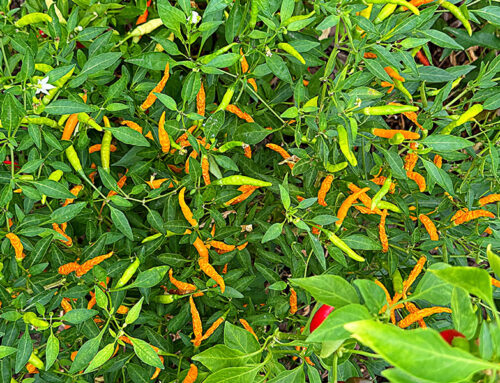As we prepare to settle into the stillness of fall, the monarch butterfly is just beginning one of nature’s most incredible journeys. Weighing less than a dollar bill, these delicate yet determined travelers embark on a 3,000-mile migration beginning in early September and continuing through early November. Texas plays a crucial role in this journey, serving as a vital corridor between the monarchs’ northern breeding grounds and their overwintering sites in Mexico.
This epic adventure would not be possible without their sole host plant – milkweed. This plant plays a critical role in the monarch’s life cycle, forming one of nature’s most fascinating partnerships. Female monarchs lay their eggs exclusively on milkweed, as its leaves are the only food source their caterpillars can eat. Even more, the plant’s natural toxins make monarch caterpillars, and eventually the adult butterflies, less appealing to predators, offering protection as they grow. Monarch habitats are disappearing though due to urban development, herbicide use, and land management practices.
To help reverse the loss of milkweed sources, the Dallas Farmers Market would like to encourage you to create a habitat for monarch butterflies. You can make a difference by adding native milkweed and nectar plants to gardens, schools, parks, or even unused spaces. No matter how small, each additional habitat supports monarch survival, helping to preserve their incredible migration.
As with most gardening, sticking with native plants typically requires less maintenance and offers greater benefits to local wildlife, so look for Butterfly Weed, Antelope Horn Milkweed, and Green Milkweed. Steer clear of Tropical Milkweed as it disrupts migration with its prolonged growing season, which also allows the Ophryocystis Elektroscirrha (OE) parasite to build up on the plants. Infected butterflies then spread the parasite to other monarchs through the milkweed, reducing their survival and reproductive rates.
Monarchs, as well as other butterflies and pollinators, also need nectar. Add plants like Gregg’s Mist and Frostweed, two options monarchs thrive on, to your habitat.
To discover more ways you can help our monarch population flourish, visit the DFM this Saturday, September 27, from 10:30 a.m. – 11:30 a.m., to hear Monarch Migration Presentation hosted by Janet D. Smith. The first ten attendees will receive a packet of milkweed seeds for habitat preparation before the spring return migration.
There will also be kids’ activities and live music, and The Shed is brimming with all things pumpkin, so come enjoy fresh market finds, learn about the monarch’s remarkable journey, and experience a weekend fluttering with fun.

